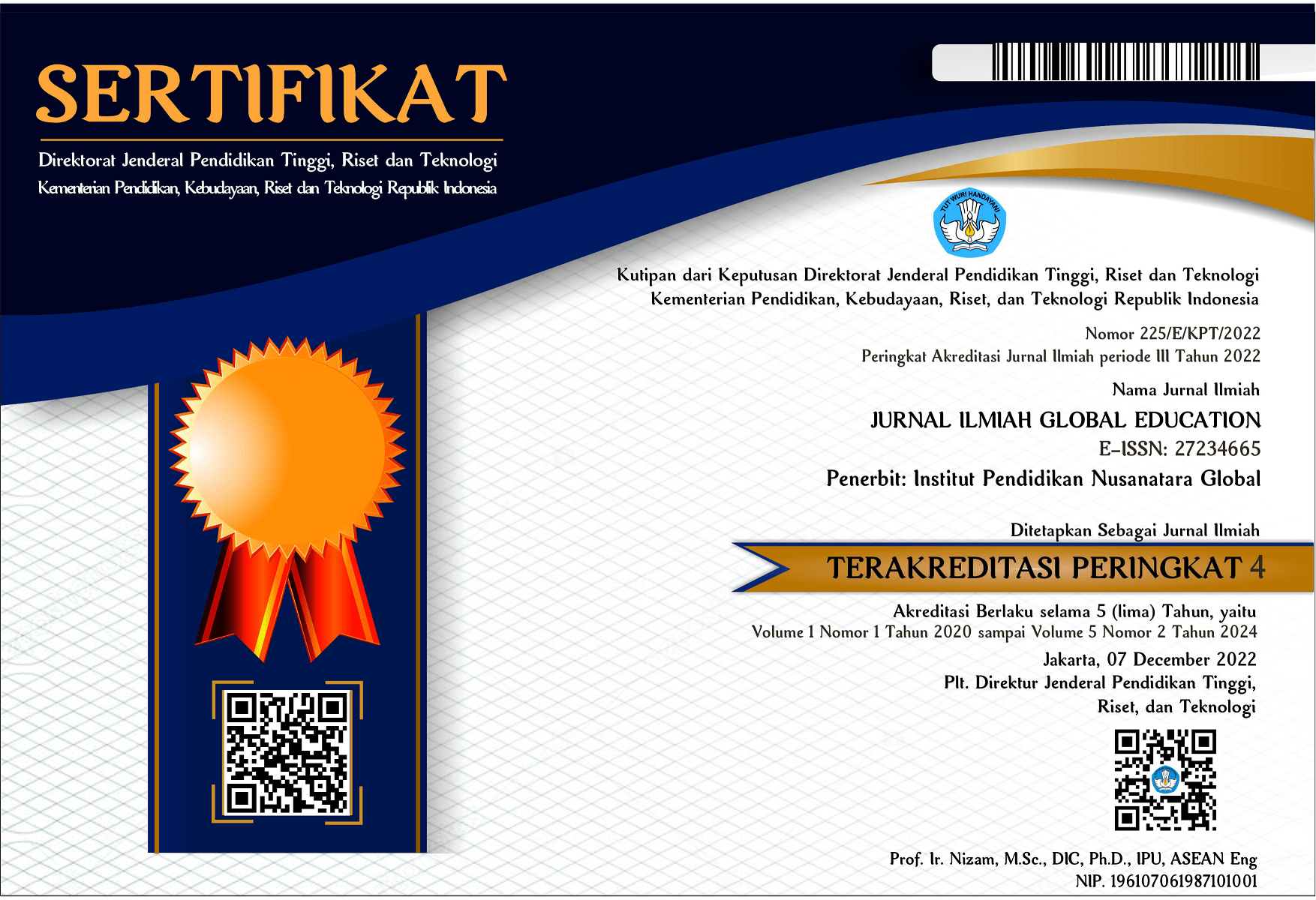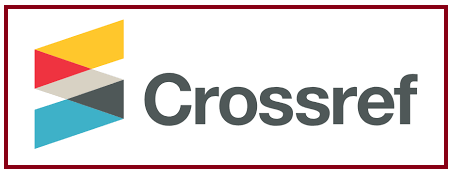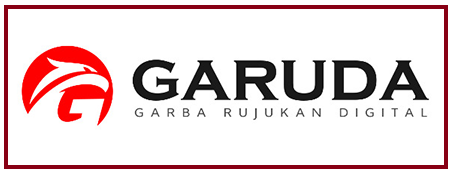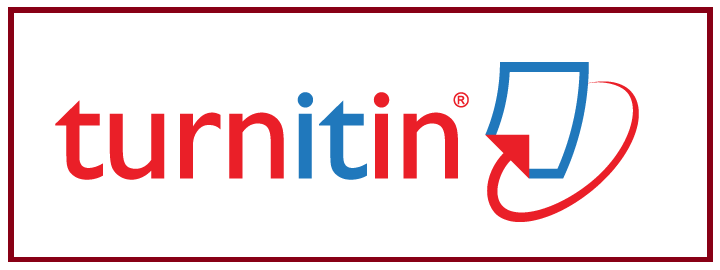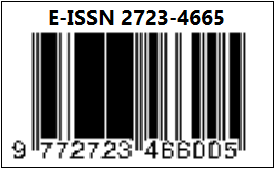Orientasi Kewirausahaan, Kapabilitas Inovasi dan Keberlanjutan Usaha Keluarga pada Industri Kreatif Sub Sektor Kriya
DOI:
https://doi.org/10.55681/jige.v5i2.2800Keywords:
ntrepreneurial Orientation, Innovation Capability, Speed of Market Entry, Sustainability of Family BusinessAbstract
The aim of this research is to find out what influence’s entrepreneurial orientation, innovation capability, and speed of market entry on the sustainability of family businesses. This research used a quantitative approach, non-probability sampling with a population of ikat business owners in East Sumba District, with 100 respondents from ikat weaving business owners in Kambera District. Data analysis used Structural Equation Modeling Partial Least Square (SEM-PLS). The research results show that entrepreneurial orientation. Strong entrepreneurial orientation can help family businesses to develop and achieve long-term success, innovation capability, the ability of family businesses to generate new ideas and convert them into products, and high speed of market entry can help family businesses to gain competitive advantage. and achieving a larger market share towards the sustainability of the family business is the ability of the family business to survive and develop from generation to generation which has a significant influence on the ikat weaving business.
Downloads
References
Alma, G. (2023). Pengaruh Orientasi Penjualan, Kapabilitas Inovasi dan Nilai Pelanggan terhadap Peningkatan Kinerja Usaha pada UMKM Resto dan Cafe di Kota Pontianak. BIS-MA (Bisnis Manajemen), 7(12), 2771–2783.
Alvarez, S. A., & Barney, J. B. (2017). Resource‐based theory and the entrepreneurial firm. Strategic Entrepreneurship: Creating a New Mindset, 87–105.
Astuti, I. Y., & Munir, M. (2022). Orientasi Pasar Dan Orientasi Kewirausahaan Dalam Mempengaruhi Kinerja Pemasaran Di Masa Recovery Pandemi Covid-19. JOURNAL OF MANAGEMENT Small and Medium Enterprises (SME’s), 15(2), 249–269.
Athoriq, M. A. (2022). Keberlanjutan Usaha Sosial Di Indonesia Bogor.
Baker, W. E., & Sinkula, J. M. (2009). The complementary effects of market orientation and entrepreneurial orientation on profitability in small businesses. Journal of Small Business Management, 47(4), 443–464.
Barney, J. B., & Arikan, A. M. (2005). The resource‐based view: origins and implications. The Blackwell Handbook of Strategic Management, 123–182.
Barney, J. B., & Clark, D. N. (2007). Resource-based theory: Creating and sustaining competitive advantage. Oup Oxford.
Baroto, T., & Purbohadiningrat, C. (2014). Analisis Strategi Pengembangan Bisnis Ppob Kipo Menggunakan Analisis SWOT Dan QSPM. Jurnal Teknik Industri, 15(1), 88–102. https://doi.org/10.22219/jtiumm.vol15.no1.88-102
Ferreira, M. P., Serra, F. R., & Costa, B. K. (2011). The RBV in international business studies: a bibliometric study of Barney’s (1991) contribution to the field. Multinational Business Review, 19(4), 357–375.
Fitria, I., Setyowati, E. Y., Camila, N., & ... (2023). Peran Penyaluran Dana Zakat Produktif Sebagai Modal Usaha Mikro. … of Islamic Economics …, 2(1).
Frank, H., Kessler, A., & Fink, M. (2010). Entrepreneurial orientation and business performance—a replication study. Schmalenbach Business Review, 62, 175–198.
Ghozali, I. (2004). Model persamaan struktural: Konsep dan aplikasi dengan program AMOS Ver. 5.0. Semarang: Badan Penerbit Universitas Diponegoro.
Hanaysha, J. R., Al-Shaikh, M. E., Joghee, S., & Alzoubi, H. M. (2022). Impact of innovation capabilities on business sustainability in small and medium enterprises. FIIB Business Review, 11(1), 67–78.
Hermawan Rino Tri and Hasibuan, S. (2016). Analisis Pengaruh Tingkat Pengalaman dan Coaching Style Terhadap Kualitas Kepemimpinan Manajer Proyek Dalam Upaya Peningkatan Produktivitas di PT. JCI. Jurnal Pasti, XI(1), 91.
Idayu, R., Husni, M., & Suhandi, S. (2021). Strategi Pengembangan Usaha Mikro Kecil dan Menengah (UMKM) Untuk Meningkatkan Perekonomian Masyarakat Desa di Desa Nembol Kecamatan Mandalawangi Kabupaten Pandeglang Banten. Jurnal Manajemen STIE Muhammadiyah Palopo, 7(1), 73–85.
Imam Ardhi, M. (2015). Evaluasi Manajemen Penerimaan Peserta Didik Baru Sistem Real Time Online Dinas Pendidikan Kota Yogyakarta. Jurnal Penelitian Ilmu Pendidikan, 8(1), 80–94. https://doi.org/10.21831/jpipfip.v8i1.4930
Maharezta Putra Perkasa. (2018). Disusun dan diajukan untuk memenuhi sebagai salah satu syarat untuk mencapai derajat Sarjana Strata-1 Program Studi Manajemen pada Fakultas Ekonomi Universitas Islam Indonesia. Universitas Islam Indonesia.
Merlo, O., & Auh, S. (2009). The effects of entrepreneurial orientation, market orientation, and marketing subunit influence on firm performance. Marketing Letters, 20, 295–311.
Performa, P. (2020). Faktor-Faktor Yang Membentuk Bisnis Keluarga Bertumbuh Secara Berkelanjutan. Performa, 4(5), 74–83. https://doi.org/10.37715/jp.v4i5.1216
Prof. Augusty Ferdinand, D. (2014). NMETODE PENELITIAN MANAJEMEN (UNDIP-PRES).
Rahmadi, A. N., Jauhari, T., & Dewandaru, B. (2020). Pengaruh Orientasi Pasar, Inovasi dan Orientasi Kewirausahaan Terhadap Keunggulan Bersaing Pada UKM Di Jalanan Kota Kediri. Jurnal Ekbis, 21(2), 178. https://doi.org/10.30736/je.v21i2.510
Ramadan, M. R. (2021). Merger Bank Syariah dan Pengembangan UMKM di Indonesia. Jurnal Syntax Transformation, 2(06), 830–842.
Rohmat, M. N. (2019). Strategi Bauran Pemasaran (Marketing Mix) 9P pada Koplak Food di Desa Pancakarya Kecamatan Ajung Kabupaten Jember. Universitas Islam Negeri Kiai Haji Achmad Siddiq Jember.
Situmorang, T. P. (2023). Quality-Based Differentiation Mediating Entrepreneurial Orientation and Marketing Performance. JMKSP (Jurnal Manajemen, Kepemimpinan, Dan Supervisi Pendidikan), 8(2), 637–651.
Situmorang, T. P., Ferdinand, A. T., & Indriani, F. (2024). Preemptive market exploitability: resource advantage theory of competition perspective. Business: Theory and Practice, 25(1), 252–262.
Situmorang, T. P., Ferdinand, A. T., & INDRIANI, F. (2022). Peningkatan Kinerja Pemasaran Melalui Preemptive Market Exploitabiity (Studi Empirik UKM Industri Kreatif Kriya di Jawa Tengah). UNDIP: Fakultas Ekonomika Dan Bisnis.
Theresia, D., Hastuti, S. E., Haryanti, K., Agustine, M., & Soekesi, M. E. (2022). CONTINUING PLANNING TRIANGLE Pada UMKM Family Bisnis.
Waruwu, M. (2023). Pendekatan Penelitian Pendidikan: Metode Penelitian Kualitatif, Metode Penelitian Kuantitatif dan Metode Penelitian Kombinasi (Mixed Method). Jurnal Pendidikan Tambusai , 7(1), 2896–2910.
Downloads
Published
How to Cite
Issue
Section
License
Copyright (c) 2024 Yakoba Trisan Tiba, Tumpal Pangihutan Situmorang

This work is licensed under a Creative Commons Attribution-ShareAlike 4.0 International License.


